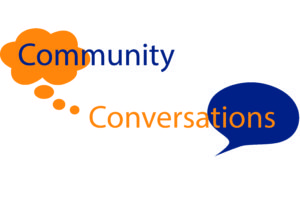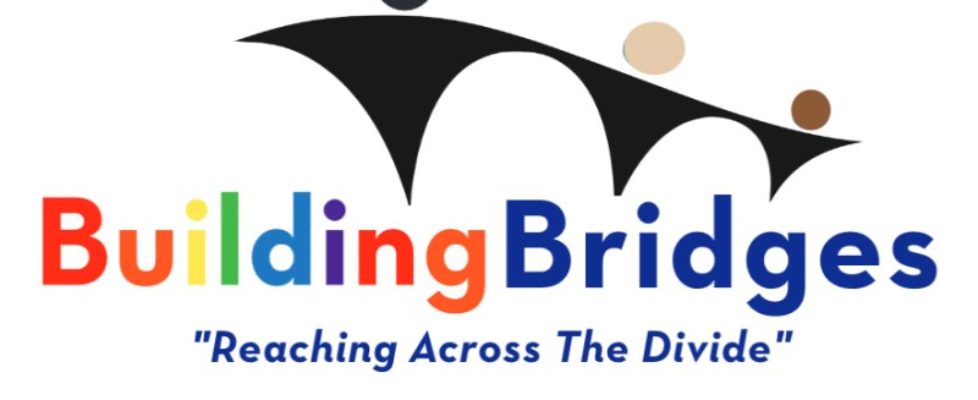Facilitating much needed community conversations
 Rhizome has been busy facilitating community conversations around the country, using our facilitation skills and experience working with conflict. We’re interested in your experiences doing the same, so do please get in touch or comment below to share how it went. If you’d like us to come and hold a space for needed or challenging discussions, drop us a line too.
Rhizome has been busy facilitating community conversations around the country, using our facilitation skills and experience working with conflict. We’re interested in your experiences doing the same, so do please get in touch or comment below to share how it went. If you’d like us to come and hold a space for needed or challenging discussions, drop us a line too.
In the current climate in British society, discourse often quickly becomes polarised both in person and on social media. Whether the initial topics are Brexit, Islamophobia or abortion, we are all quick to find people who agree with our world-view.
In order to engage in robust conversation exploring our differences, we have to open up the space for viewpoints we may disagree strongly with, and work to encourage different people to turn up. The challenge then is to discourage platforming – doing the equivalent of holding up a megaphone and seeking only to persuade others to agree – and instead encourage deep listening and curiosity.
“the well-being of our grandchildren is directly tied to the wellbeing of our enemy’s grandchildren” – John Paul Lederach
 What is underneath people’s positions?
What is underneath people’s positions?- How can we help people go deeper to their interests and shared needs?
For example, what is the desperate need of those who feel their country is being taken away, and what’s the story behind it? This can take courage both for facilitator and participants, to hear things you fundamentally disagree with or find offensive, so how can we help ourselves remain ‘sitting in the fire’?
Sometimes we need an honest broker to facilitate these conversations, to allow space for complexity and nuance, just letting it all out, and not enforcing ground rules from the mainstream. If not, conflict cycles and subtle or transformational shifts will not happen.
Rhizome members use civic mediation, Process or World Work and many other facilitation and working with conflict approaches to help hold such spaces for meaningful community conversations.
 In Burnley we’ve successfully brought together local communities: both Muslim and traditional working class residents who held strong views and attitudes. In a small town in Scotland we held a first Brexit Community Conversation facilitation designed to be small, positive, and focusing on managing its impact on the community. Next, we agreed we’ll grow the group and develop the conversation, keeping it responsive to the changing circumstances and building resilience. In Manchester we’re part of a group developing Open Forums, so far on Islamophobia; we’ve participated in another in Sheffield on the topic of Brexit and are collaborating with other skilled ‘Worldworkers’. In Birmingham, we asked mixed groups to identify common ground, and then used a set of ‘character cards’, to give wider perspectives than any one group might contain; when the participants took that task as seriously as if those characters had been present in the room, it was very moving.
In Burnley we’ve successfully brought together local communities: both Muslim and traditional working class residents who held strong views and attitudes. In a small town in Scotland we held a first Brexit Community Conversation facilitation designed to be small, positive, and focusing on managing its impact on the community. Next, we agreed we’ll grow the group and develop the conversation, keeping it responsive to the changing circumstances and building resilience. In Manchester we’re part of a group developing Open Forums, so far on Islamophobia; we’ve participated in another in Sheffield on the topic of Brexit and are collaborating with other skilled ‘Worldworkers’. In Birmingham, we asked mixed groups to identify common ground, and then used a set of ‘character cards’, to give wider perspectives than any one group might contain; when the participants took that task as seriously as if those characters had been present in the room, it was very moving.


Rhizome newsletter early summer 2018 - Rhizome
July 3, 2018 @ 4:13 pm
[…] us as we talk about the need for community conversations and exploring […]